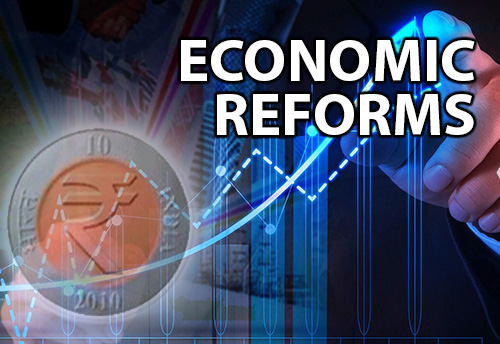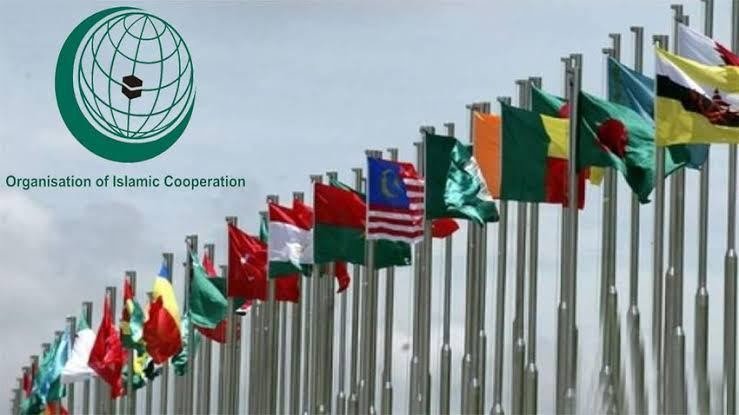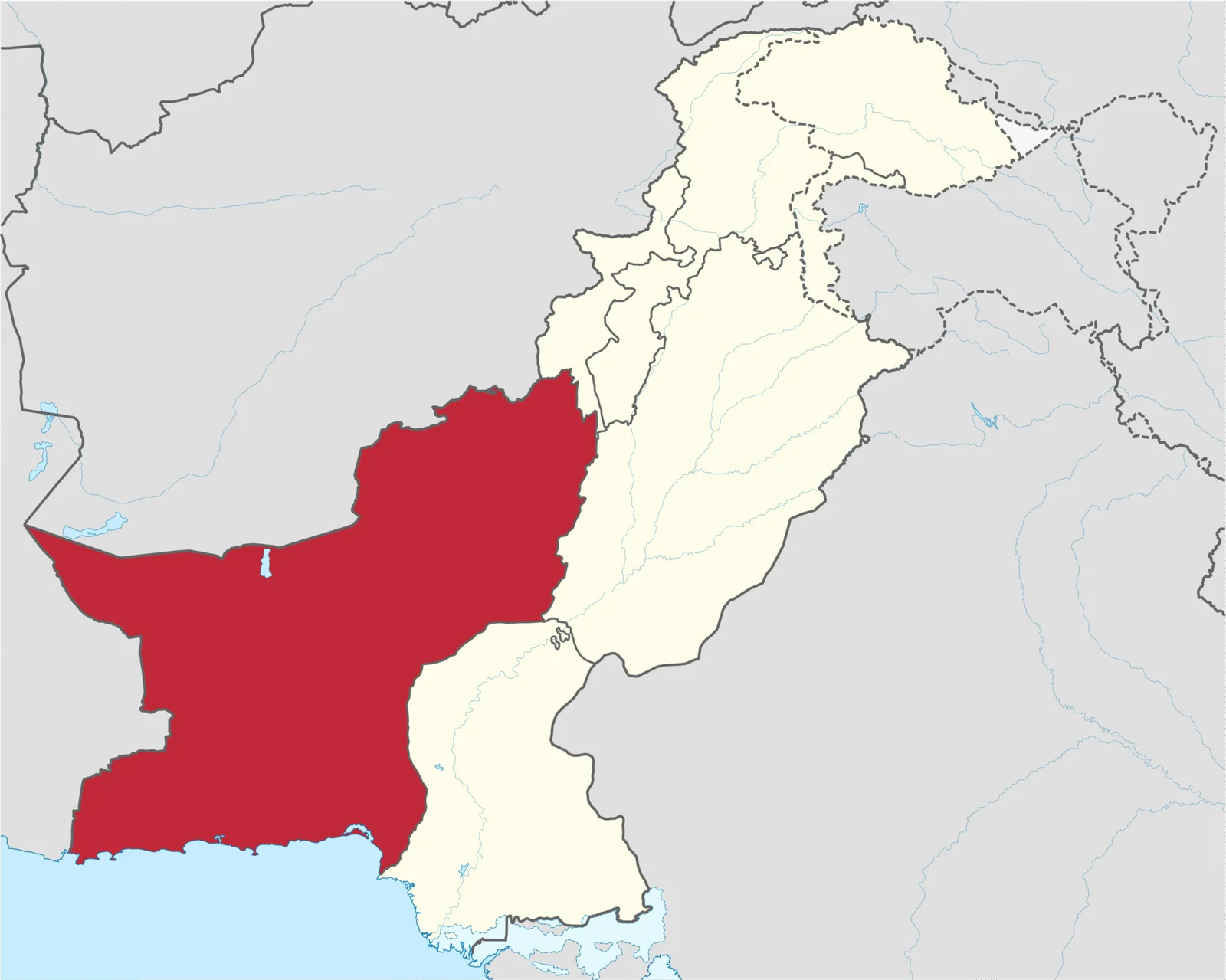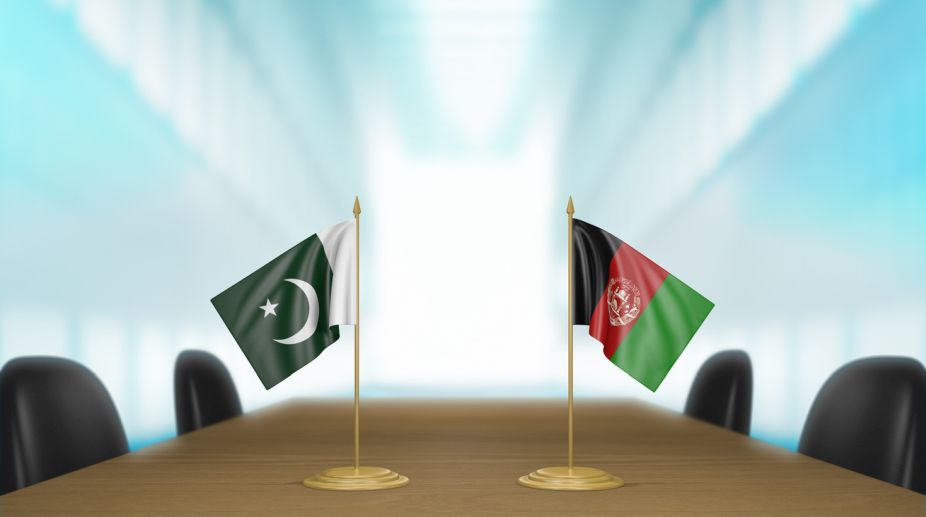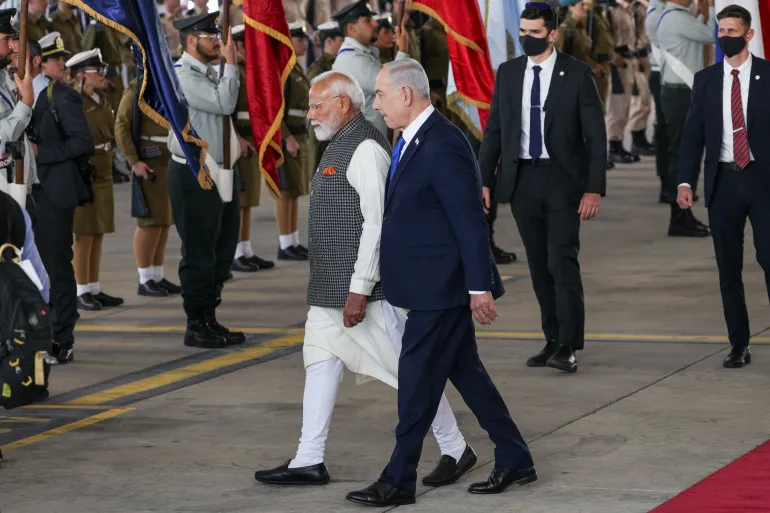Editorial
The reform package, a potential game-changer announced by the Government of Pakistan, is set to tackle pressing fiscal challenges and is a key driver for achieving fiscal sustainability. Jihad Azour, the Director of the Middle East and Central Asia Department at the IMF, stressed the need for a multi-faceted approach that not only ensures macroeconomic stability but also revitalizes critical sectors such as energy and State-Owned Enterprises (SOEs). With the projected economic growth of 2.4 percent this year, a significant rebound from last year’s contraction, the potential benefits are promising. However, it is crucial to critically examine the proposed reforms and provide actionable recommendations to ensure their effectiveness.
One of the pivotal pillars of the reform package is the enhancement of revenue generation to mitigate the fiscal deficit. Azour underscored the importance of improving tax collection and eliminating outdated tax regimes. A comprehensive tax reform, a cornerstone of the package, is vital. It involves the broadening of the tax base while ensuring equitable taxation across sectors. The government’s consideration of implementing progressive tax measures aimed at high-income earners and large corporations, along with investments in modern tax collection technologies, is a significant step. This not only promises to increase revenue but also to enhance compliance and transparency within the system.
Furthermore, the restructuring of State-Owned Enterprises is imperative for enabling a more robust private sector. The inefficiencies and financial burdens of SOEs hinder economic growth and limit foreign direct investment (FDI). To address this, the government should explore options for privatization and public-private partnerships. A strategic assessment of SOEs can help identify which entities are feasible candidates for privatization, creating a level playing field that fosters competition and innovation. Coupled with efforts to enhance governance and accountability in these enterprises, such measures could revitalize underperforming sectors, particularly energy, which is foundational to economic stability.
Additionally, a sound monetary policy will play a crucial role in managing inflation and enhancing investor confidence. Azour highlighted the positive trend of declining inflation rates. However, a long-term commitment to maintaining a stable currency and controlling inflation through prudent monetary policies is necessary. This could involve a focus on interest rate adjustments that balance growth and inflation while providing clear communication to instill confidence among domestic and international investors.
Lastly, improving the business environment is vital for attracting FDI. Streamlining regulations, reducing bureaucratic hurdles, and ensuring the protection of property rights can create a favorable ecosystem for both local and foreign businesses. The government should also consider creating incentives for sectors with high export potential, aligning them with global demand trends. Establishing dedicated export zones with supportive infrastructure could be an effective way to leverage Pakistan’s unique economic strengths.
In conclusion, the reform package represents a significant step towards fiscal sustainability and macroeconomic stability. Its success, dependent on meticulous execution and continuous evaluation, promises a brighter economic future for Pakistan. By focusing on comprehensive tax reforms, restructuring SOEs, implementing effective monetary policies, and improving the business environment, Pakistan can unlock its economic potential and pave the way for sustainable growth in the years ahead.



